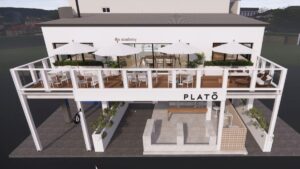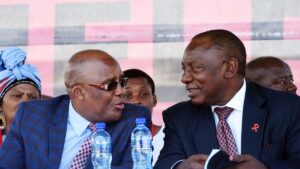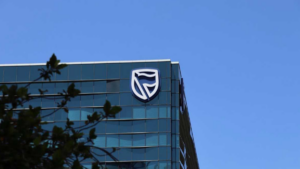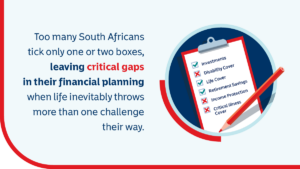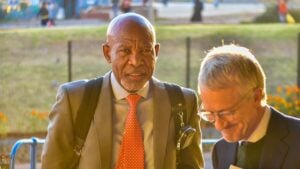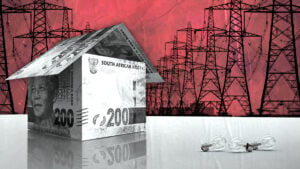Gauteng schools are in big trouble
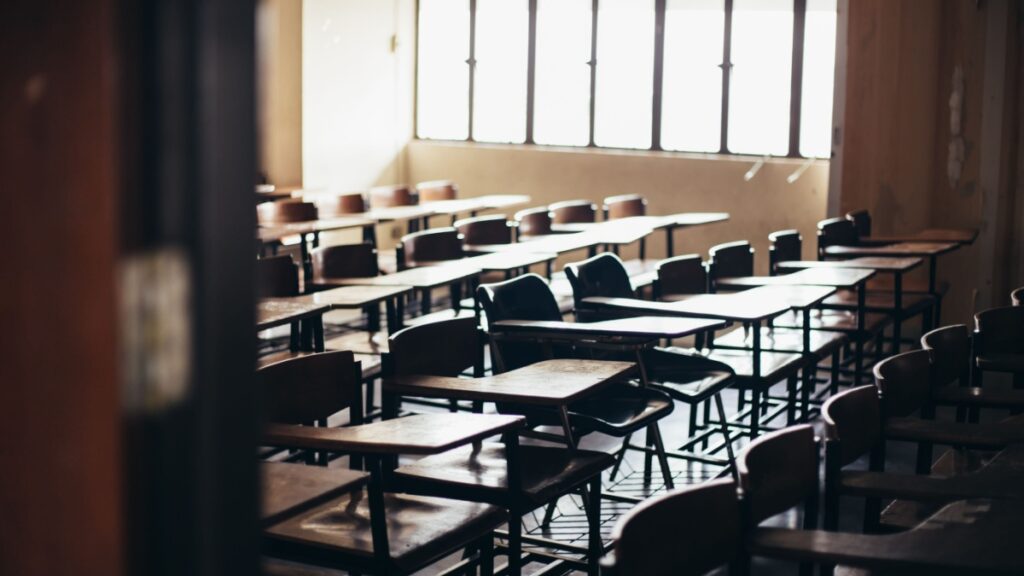
South Africa’s biggest province by population size, Gauteng, is lagging behind others in terms of new public schools built despite having the second highest number of learners in the country.
According to data from The Outlier, Gauteng has built or refurbished only 48 schools since the 2015/16 financial year, ranking fourth out of the nine provinces.
By contrast, KwaZulu-Natal has built 58, the Eastern Cape 74, and the Western Cape the most at 97 over the past ten years.
On the other hand, the Northern Cape has built the fewest schools, 16, followed by Limpopo, 22, Mpumalanga, 29, the Free State, 38, and the North West, 46.
While the Northern Cape only built 16 schools, it had just over 301,000 learners to accommodate, and 543 schools had been built as of 2024.
This gives it an average of 556 learners per school, whereas Gauteng had 2.3 million learners last year and only 2,068 schools — an average of 1,112 learners per school.
KZN is the only province with more learners than Gauteng, with 2.8 million learners and 5,753 schools. This equates to an average of 486 learners per school.
The Outlier said that the number of learners enrolled in Gauteng schools has increased by 385,000 over the past ten years.
This means that if it had built one school for every 1,000 learners, Gauteng would have built 385 schools over the period.
Similarly, the Western Cape has seen an influx of an additional 182,000 learners into its public schooling system, meaning it has built a new school for every 1,870 learners.
Addressing the Parliamentary Portfolio Committee on Basic Education, the Gauteng Department of Education (GDE) said it is struggling to accommodate learners.
The GDE told the committee that migration from other provinces strains its infrastructure, with over 100,000 new learners entering the province annually.
It argued that more streamlined municipal approvals must be implemented as bureaucratic processes slow down school construction.
Despite concerns from the committe, the GBE made no mention of plans to build new schools in 2025 in its presentation.
No water or electricity
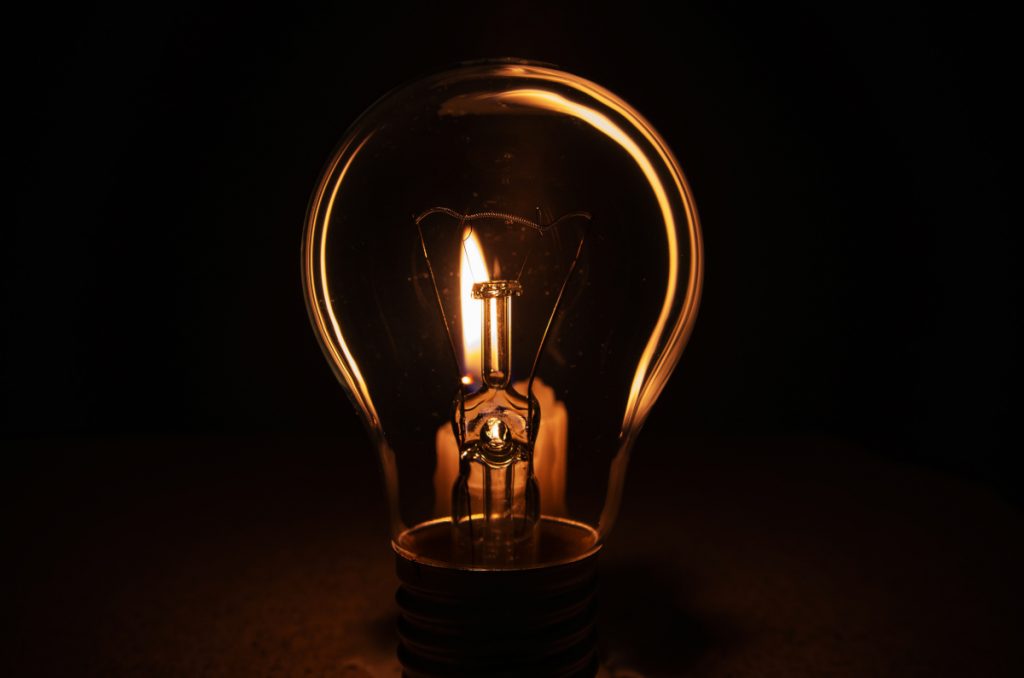
In addition to the lack of schooling infrastructure, unpaid municipal bills have left more than 500 schools across Gauteng without water and electricity.
DA Gauteng shadow MEC for education, Sergio Isa dos Santos, revealed in a statement earlier this week that 536 schools have had their water or electricity cut off since January 2024.
Dos Santos blamed this on the GDE’s failure to settle more than R58 million in outstanding utility bills, revealed by Education MEC Matome Chiloane.
“This has made it impossible to provide lighting in classrooms, power educational technology, and maintain hygiene and safety standards,” Dos Santos said.
“As a result, stress levels are increasing, and morale is plummeting among learners and educators. Meanwhile, the GDE continues to avoid responsibility, insisting that no-fee paying schools pay utility bills.”
Therefore, the DA has demanded that the GDE reverse its decision to require no-fee schools to pay their own utility bills.
In response to the DA, the GDE issued a statement saying that it had transferred the necessary funds to all identified schools to settle their municipal accounts.
“No public school in Gauteng is now, or will ever be, disconnected from water and electricity services now and in the near future,” Chiloane said.
“Schools must work hand in hand with the GDE to continue achieving this by ensuring their municipal accounts are up to date at all times.”
In the statement, the GDE reiterated that schools are entrusted with managing their finances and are responsible for paying for their municipal services.
